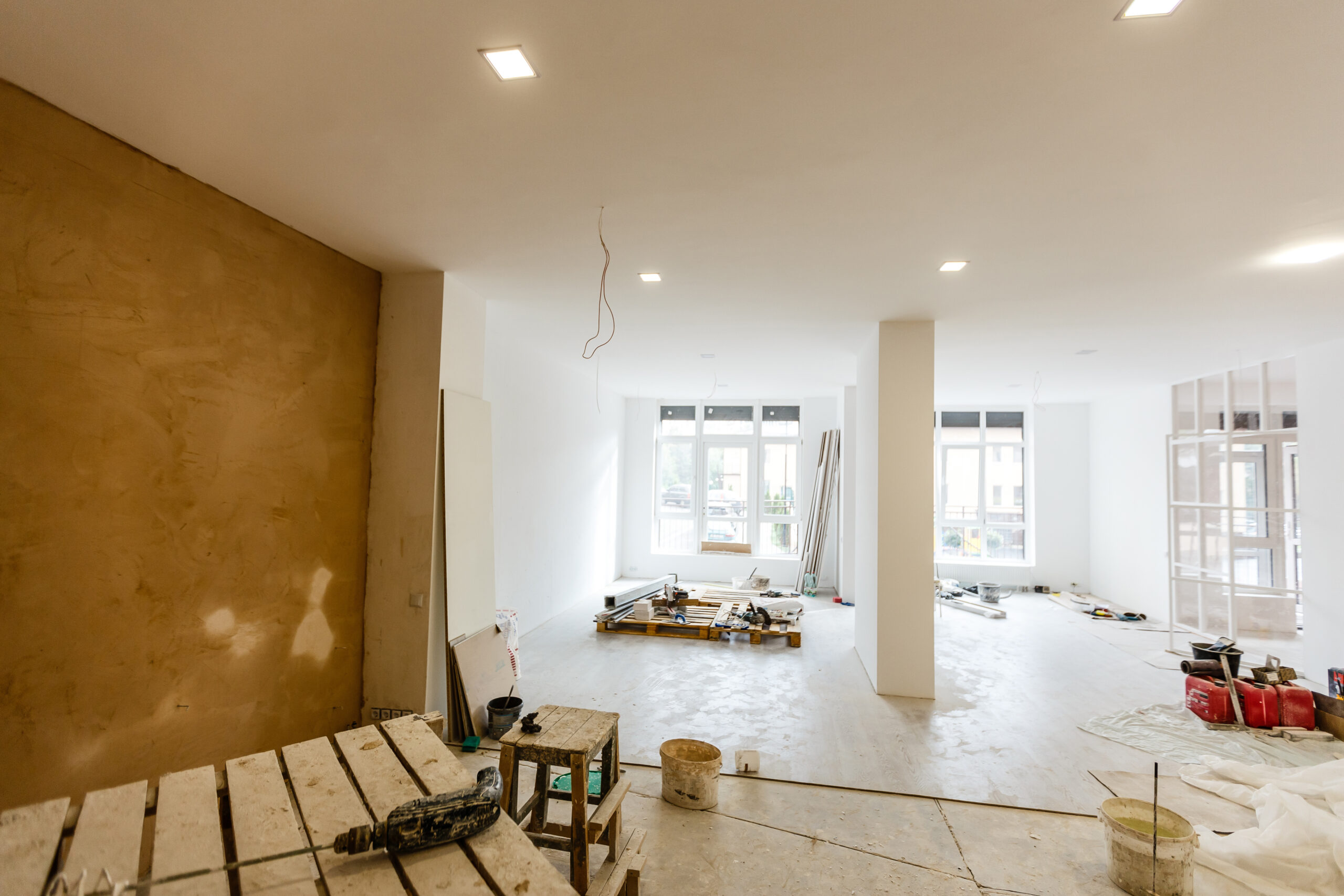When it comes to adding an extension to your home, one of the most important factors is the construction timeline. This refers to the estimated amount of time it will take for the builders and contractors to complete the project from start to finish. As a homeowner, it is essential to have a clear understanding of the construction timeline as it can greatly impact your daily routine and budget.
Before hiring any builders or contractors for your house extension in the UK, it is crucial to ask about their construction timeline. A reputable and experienced company should be able to provide you with a detailed breakdown of their process and how long each stage will take. Here are some key points to consider when discussing the construction timeline with potential builders:
Cornerstone Construction Timeline
1. Design and Planning Stage: The first step in any house extension project is designing and planning. This involves working with architects, engineers, and other professionals to create detailed plans for your extension. The duration of this stage can vary depending on the complexity of your project and how quickly you make decisions on design elements.
2. Obtaining Permits: Before any construction work can begin, permits must be obtained from local authorities. This process can take several weeks or even months, depending on your location and specific regulations.
3. Demolition (if necessary): If your house extension requires demolishing existing structures or walls, this will add extra time to the overall construction timeline.

4. Foundation Work: The foundation is a critical part of any building project as it provides stability for your new structure.
5. Framing and Roofing: Once the foundation is in place, the next step is framing and roofing. This involves constructing the walls and roof of your extension.
The construction timeline can vary greatly depending on the size and complexity of your house extension. – CORNERSTONE CONSTRUCTION
6. Electrical, Plumbing, and HVAC Work: These systems are essential for any home, and they will need to be installed or extended into your new space.
7. Insulation, Drywall, and Flooring: This stage involves adding insulation to your walls, installing drywall, and laying down flooring.
8. Finishing Touches: This includes painting, adding fixtures and fittings, and any final touches to make your extension feel like a part of your home.
How long will the build take?
The construction timeline can vary greatly depending on the size and complexity of your house extension. A simple project such as a single-room addition may take around 2-3 months to complete, while a larger or more complex extension can take 6 months or more. Your builders should be able to provide you with an estimated timeline based on their experience with similar projects.
It is also important to keep in mind that unexpected delays can occur during construction due to weather conditions, material availability, or unforeseen issues that may arise during the building process. It is always best to have some flexibility in your timeline to account for these potential delays.
In conclusion, the construction timeline is a crucial factor to consider when planning a house extension. Make sure to discuss this with your builders and have a clear understanding of their process and estimated timeline before starting any work. This will help you plan your budget and schedule accordingly, ensuring a smoother and more successful building experience.





